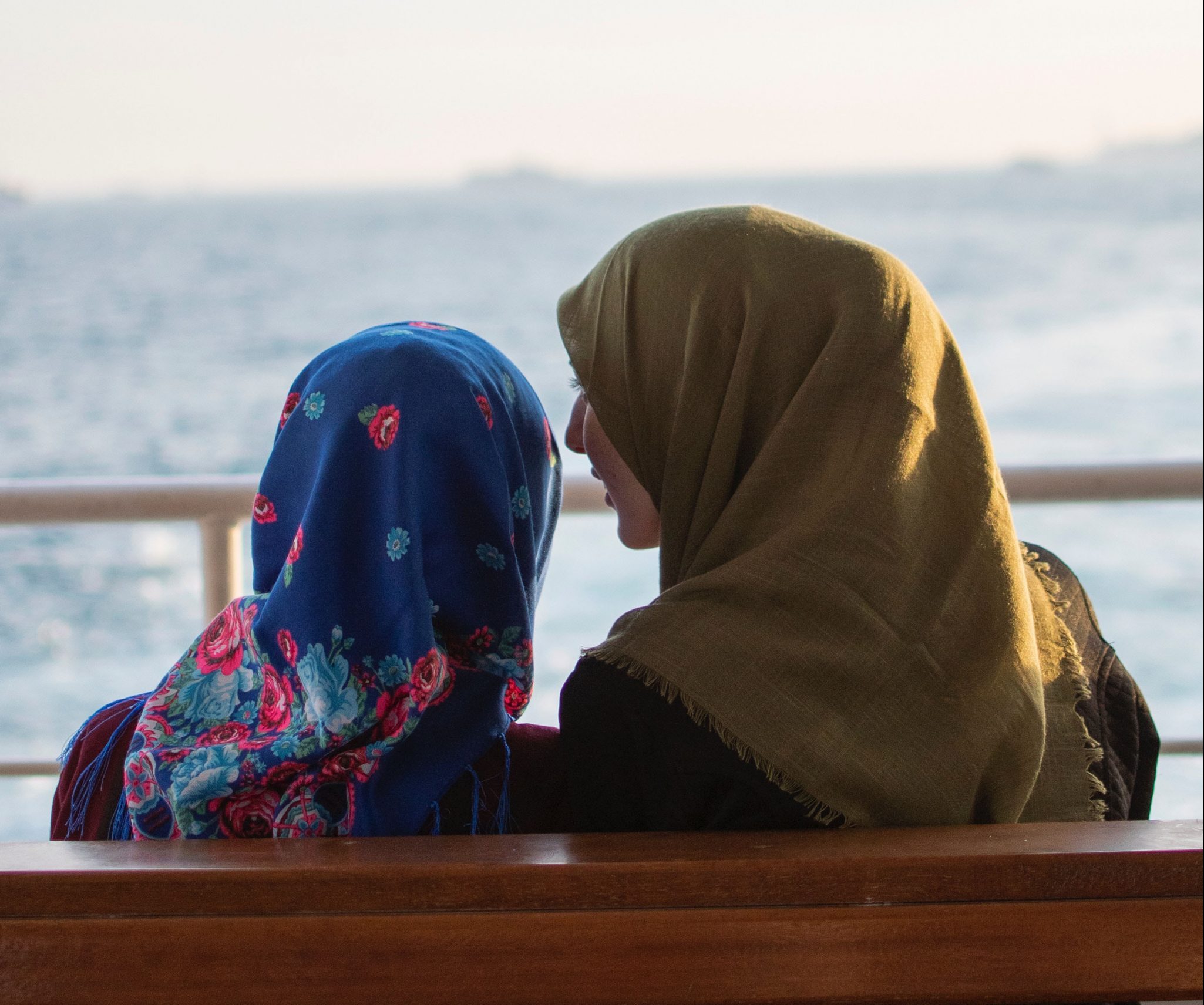Quebec’s Bill 21 calls to question multiculturalism in Canada


A recently passed bill in Quebec has raised quite an opposition. Bill 21 prohibits occupants of public sector jobs from donning religious symbols.
There are some big concerns with the bill that should be considered. Does this violate the Charter of Rights and Freedoms? Is it acceptable for a multicultural province to conduct such an action? My conclusion is, with the exception of uniforms requiring otherwise, there should be no such prohibition.
The bill proposes that the foundations of secularism are, “The separation of State and religion, the religious neutrality of the State, the equality of all citizens, and freedom of conscience and freedom of religion.”
According to the bill, this does not affect those currently holding a position in the public sector; but incoming workers such as police officers and teachers, will be prohibited from wearing religious wear in their workplaces.
Many have commented on the matter. Huffington Post cites Trudeau on the issue, “It is unthinkable to me that in a free society, we would legitimize discrimination against citizens based on their religion.”
Jagmeet Singh has also weighed in through Twitter,. “What bill 21 is saying to so many young people is that being yourself should disqualify you from doing a job.”
While I disagree with the bill, I challenge this conception.
The bill does not discriminate against those who wear a certain religious pieces of clothing.
It requires that, for a position in the public sector to be held, they adopt a non-religious attire while working.
Persons of these religions are still allowed to hold these positions, albeit with a compromise.
The Canadian Charter outlines in Section 2 that everyone is entitled to freedom of speech, conscience, religion, thought, belief and opinion. The bill does prohibit expression of religious affiliation in public, but it does not prohibit the practice of the religion itself.
The bill seems to be less concerned with how each person represents themselves as individuals, but rather how they represent the public sphere as a provider of these services.
This technicality is minor to me because I disagree with the bill on the grounds of genuinely not thinking it will help anyone, but this detail is important to note because the bill doesn’t seem to discriminate against specific individuals. It just requires them to behave differently while on the job, as most jobs do.
I don’t think this bill has any malicious intent to curb religious expression or advance one identity over another, but I do believe it is the wrong way to respond to today’s issues, and we must understand how to proceed appropriately if we want to do otherwise.
I believe that wearing religious clothing actually helps keep religious differences in the public eye and encourages questions to be asked.
But if we want to encourage people to be curious, we have to be okay with them investigating their curiosities.
The Canadian Charter outlines in Section 2 that everyone is entitled to freedom of speech, conscience, religion, thought, belief and opinion. The bill does prohibit expression of religious affiliation in public, but it does not prohibit the practice of the religion itself.
In the seventh grade, we had a multicultural day at school. The grade eight classes did research on different countries and their cultures, then dressed in traditional clothing, prepared food for us, performed a cultural ritual and presented their findings to us.
It was a fantastic day that encouraged all of us to look up recipes, research the questions we had about certain cultures, and embrace what we had learned with our new understanding. More of this is what I want to see in school.
I believe people should be allowed to wear religious clothing in the public sphere and questions concerning it should be encouraged.
If schools want to encourage religious understanding, they might consider offering opt-in classes for interested children or parents who see the value in learning about different religions and cultures.
Just as Chirstian schools are for Christian children whose parents decide it is best for their kids to follow those guidelines, public schools are also secular environments.
The individual should not be prohibited from wearing religious clothing. That said, there is a line that should be drawn between education concerning other religions and indoctrination.
I firmly believe religious clothing should not be prohibited in the public sector, so that other religions and cultures are kept in the public eye and people are encouraged to ask questions, we have to be willing to accept people embracing aspects of other cultures that they see as valuable.
That is how we build a respectful, multicultural society.


